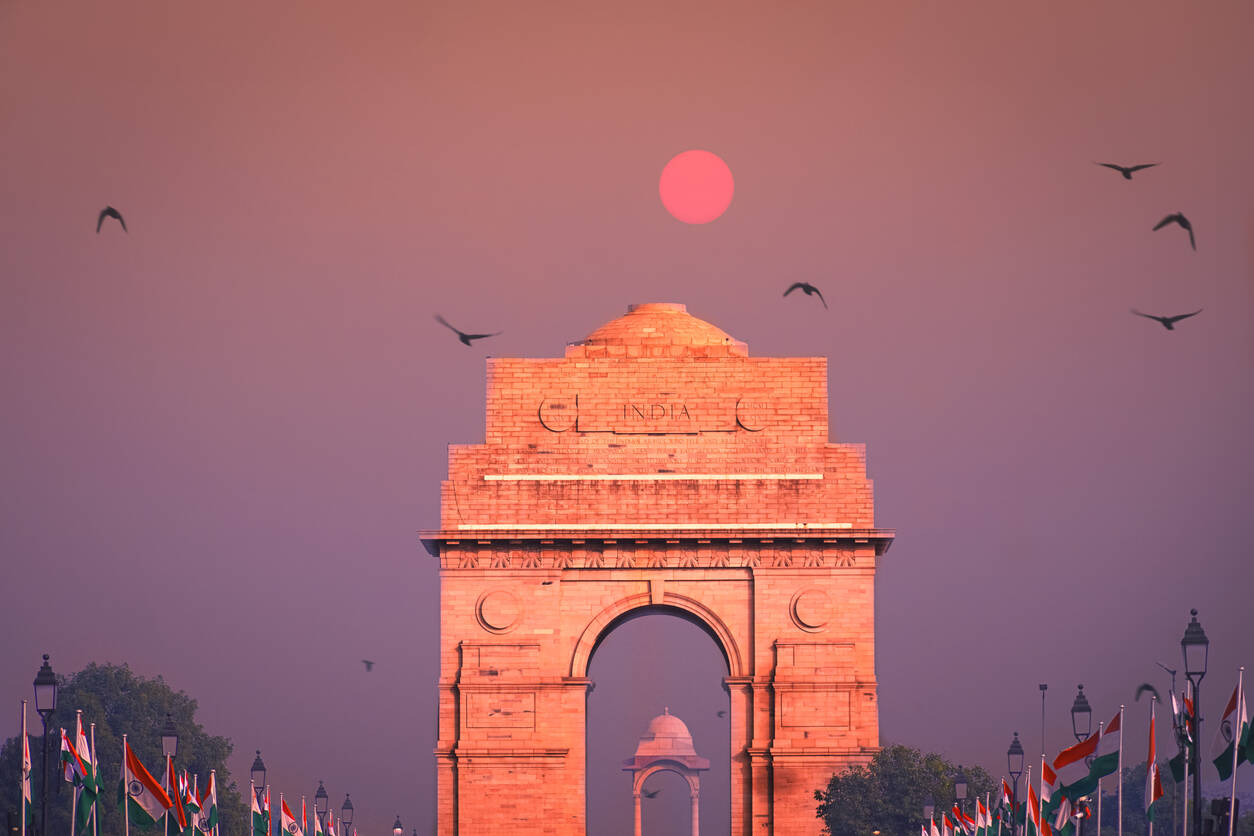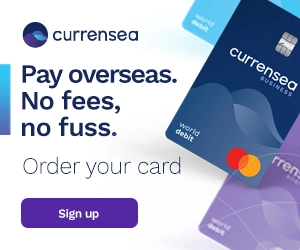Planning an India trip? You may need to cancel it due to new visa rules
Links on Head for Points may support the site by paying a commission. See here for all partner links.
India has introduced new visa rules which have the potential to wreck your travel plans if you have a visit to the country lined up.
No postal applications for visas are being accepted.
Any traveller planning to visit India must visit a visa centre in person – and all reservation slots are now booked for many weeks ahead.

Press reports suggest that some of the nine UK visa centres – in Belfast, Birmingham, Bradford, Cardiff, Edinburgh, central London, Hounslow, Leicester and Manchester – have no appointment slots until mid December.
The change has been blamed on travellers themselves, with the processing centres reporting a high level of errors in forms submitted electronically. Forcing travellers to visit in person is, oddly, seen as the only way to deal with this.
According to The Times, citizens of 156 countries are allowed to use the e-visa system to enter India. The UK is on a par with Algeria, Burkina Faso, Lebanon and Pakistan in being banned from the e-visa network.
Even if you can get an appointment at a visa centre, it appears that you are in for a long day. The Times suggests that your appointment time is the time at which you are allowed to turn up and be given a ticket to join the queue. A wait of 2-4 hours will then be required before you are seen, and any errors in your paperwork result in your application being withdrawn. Reasons for rejection include, apparently, writing ‘Britain’ instead of ‘United Kingdom’ on your application.
The Association of Independent Tour Operators said:
“A poll solely of AITO’s operators to India reveals £10M of bookings at risk, with around 1,500 holidaymakers affected. Many are due to depart in the coming weeks; not having a visa means they will be forced to cancel, which is very upsetting for our customers who were looking forward to their long-awaited trips to the Subcontinent.”
You can find out more in The Times here (paywall).








Comments (71)